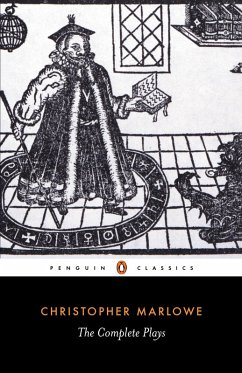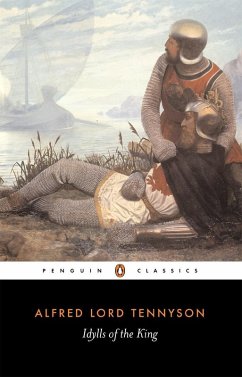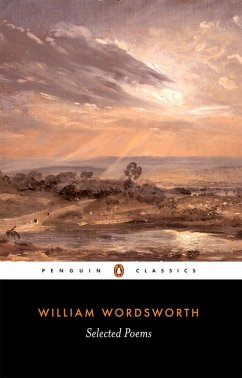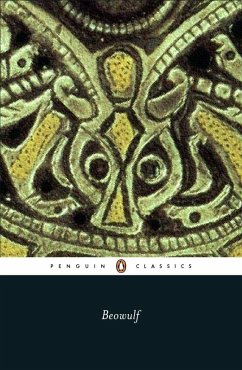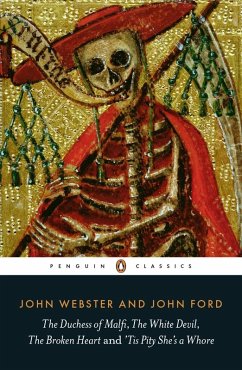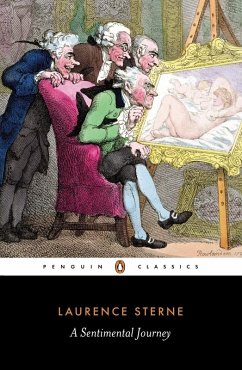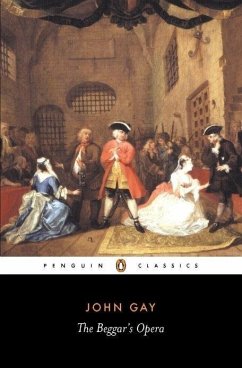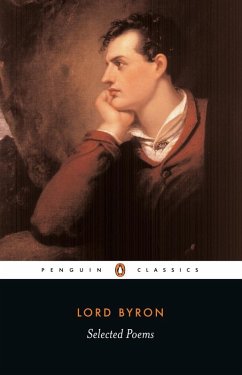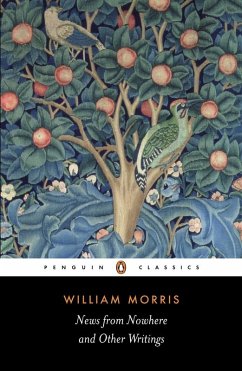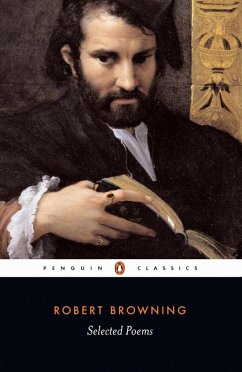
The Unfortunate Traveller and Other Works (eBook, ePUB)
Versandkostenfrei!
Sofort per Download lieferbar
12,99 €
inkl. MwSt.
Weitere Ausgaben:

PAYBACK Punkte
0 °P sammeln!
Written in the late sixteenth century, at the pinnacle of the English Renaissance, the rich and ingenious works of Thomas Nashe uniquely reveal the ambivant nature of the Elizabethan era. Mingling the devout and the bawdy, scholarship and slang, they express throughout an irrepressible, inexhaustible wit and an astonishing command of language. This collection of Nashe's finest works includes The Unfortunate Traveller, the sharp and grotesque tale of Jack Wilton, an Englishman travelling through Europe; Pierce Penniless, a biting satire on the society of his age; Terrors of the Night; Lenten St...
Written in the late sixteenth century, at the pinnacle of the English Renaissance, the rich and ingenious works of Thomas Nashe uniquely reveal the ambivant nature of the Elizabethan era. Mingling the devout and the bawdy, scholarship and slang, they express throughout an irrepressible, inexhaustible wit and an astonishing command of language. This collection of Nashe's finest works includes The Unfortunate Traveller, the sharp and grotesque tale of Jack Wilton, an Englishman travelling through Europe; Pierce Penniless, a biting satire on the society of his age; Terrors of the Night; Lenten Stuff; the sensual poem The Choice of Valentines; and extracts from Christ's Tears over Jerusalem and other works. Wide-ranging in subject, all capture the unique voice and fantastic ingenuity of one of the most entertaining Elizabethan writers - a man regarded by his contemporaries as the 'English Juvenal'.
Dieser Download kann aus rechtlichen Gründen nur mit Rechnungsadresse in A, B, BG, CY, CZ, D, DK, EW, E, FIN, F, GR, HR, H, IRL, I, LT, L, LR, M, NL, PL, P, R, S, SLO, SK ausgeliefert werden.



